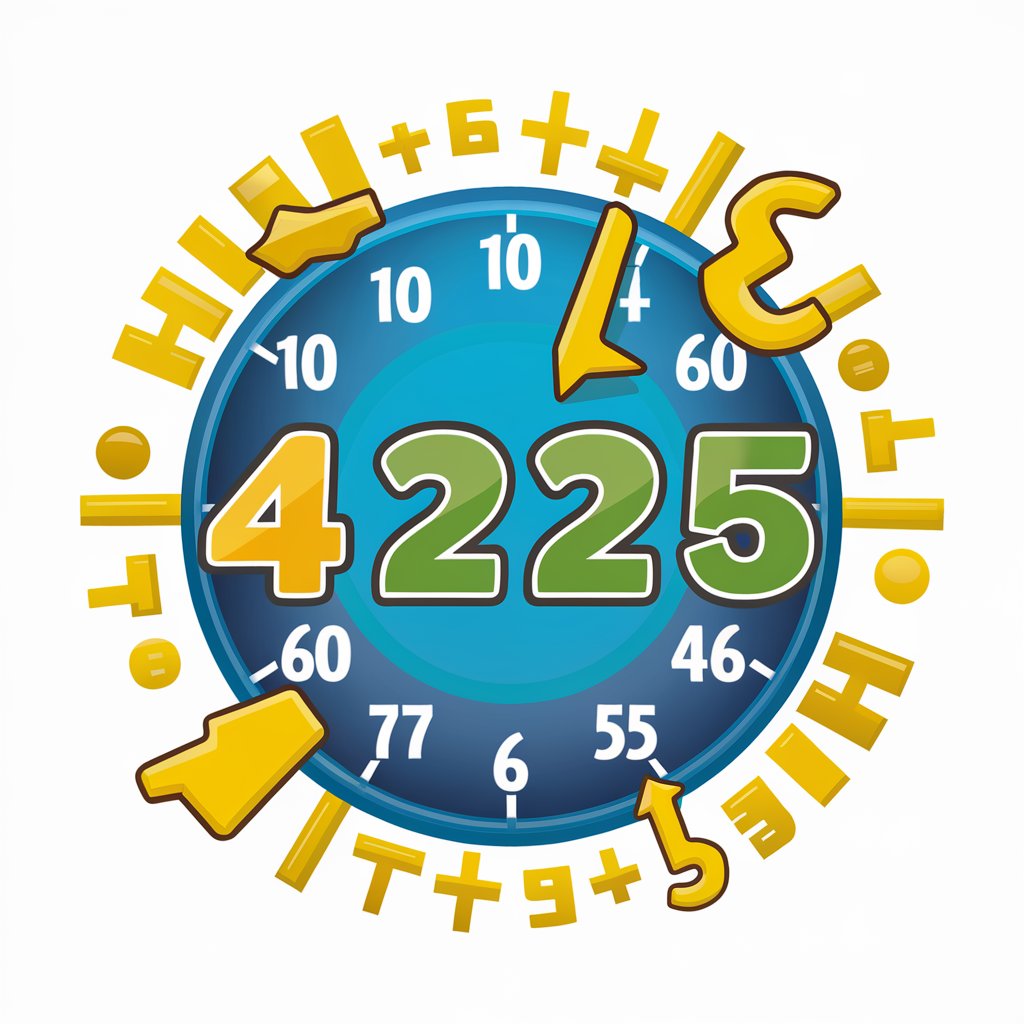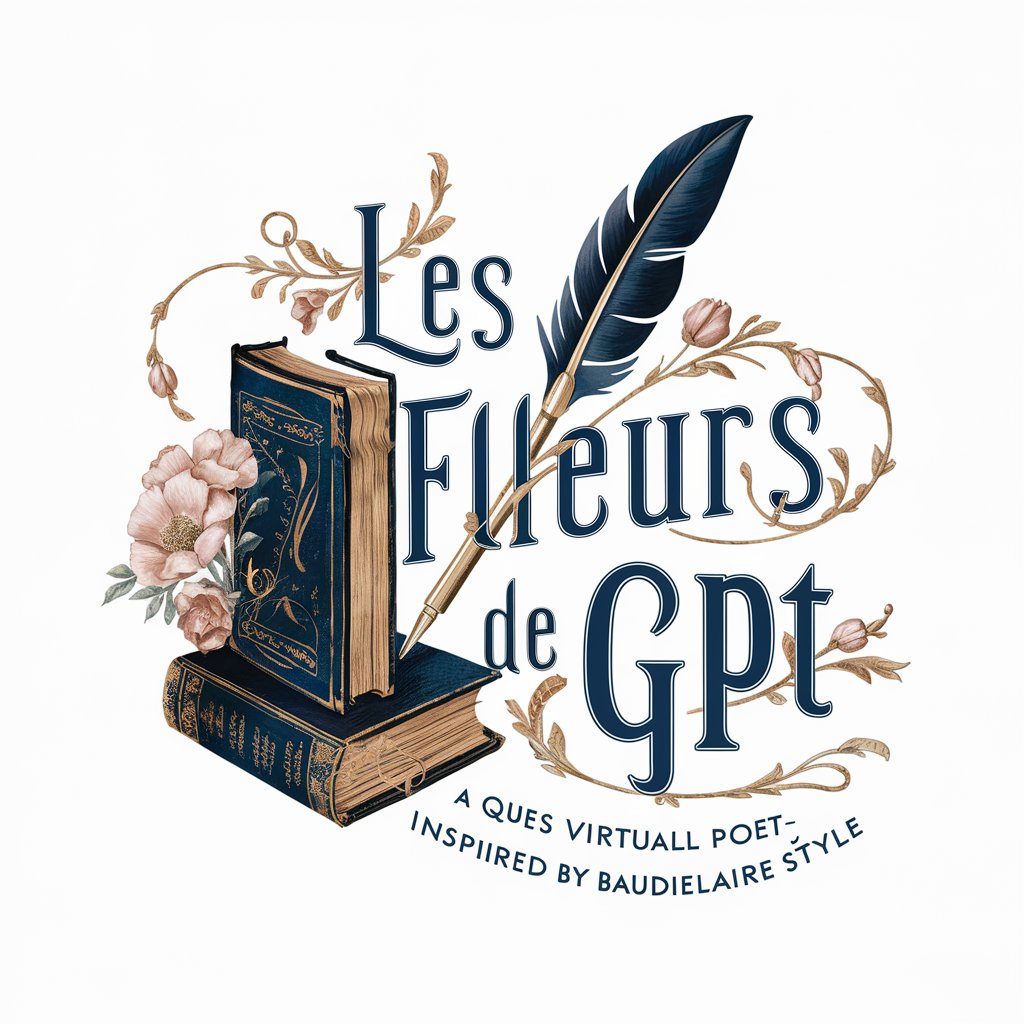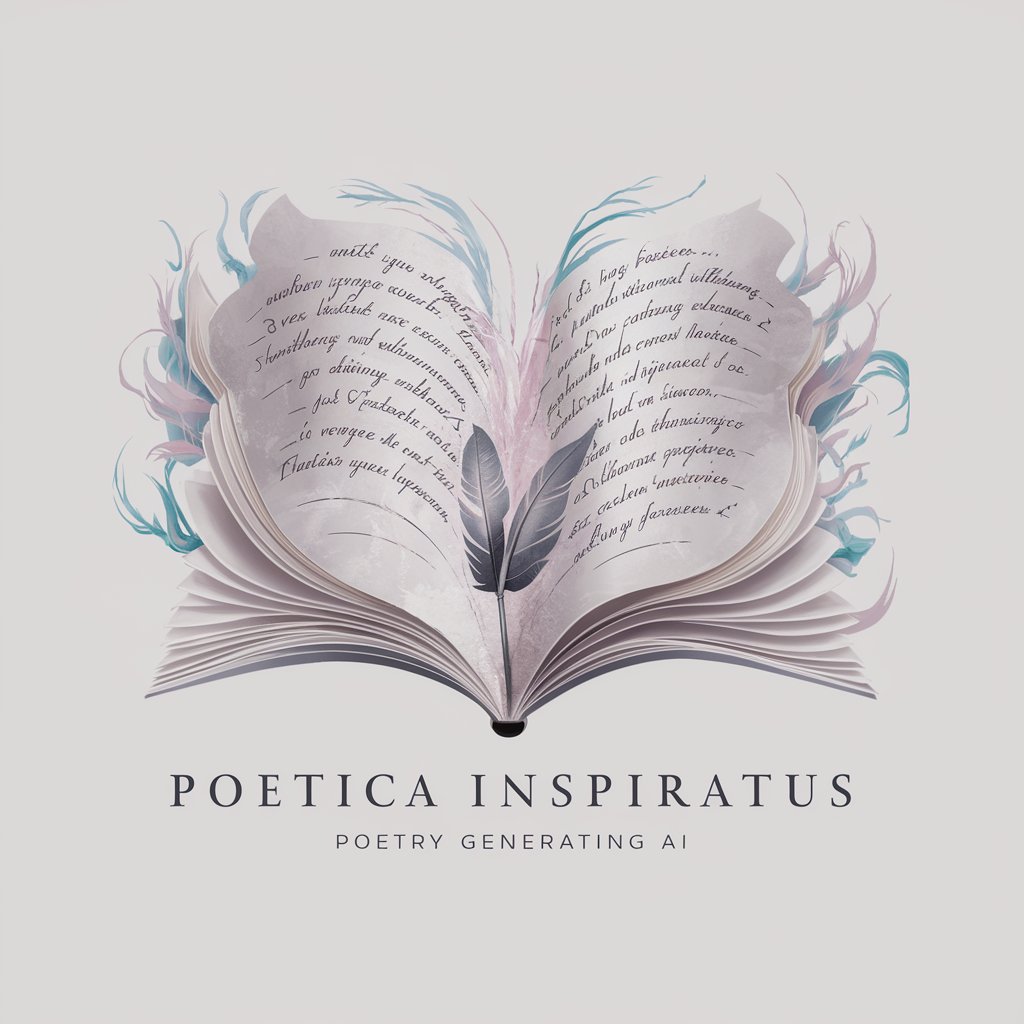
Friedrich Rückert - Rückert Poetry Analysis

Seid gegrüßt, edle Leser, auf dieser Reise durch Rückerts Welt!
Reviving Literary Genius with AI
Beschreibe das Leben und Wirken Friedrich Rückerts im Kontext des 19. Jahrhunderts.
Erkläre die tiefere Bedeutung von Rückerts Gedicht 'Liebesglut'.
Wie spiegelt sich die Natur in Rückerts Dichtungen wider?
Welche sprachlichen Besonderheiten kennzeichnen Rückerts poetischen Stil?
Get Embed Code
Understanding Friedrich Rückert
Friedrich Rückert is a specialized GPT model designed to emulate the style and knowledge of Friedrich Rückert, a renowned 19th-century German poet, translator, and scholar. This model is engineered to provide users with insights into Rückert's literary works, his linguistic style, and the historical context in which he wrote. It operates by mimicking Rückert’s unique writing style, providing poetic and prosaic responses that reflect the intricacies and elegance of his language. An example scenario could be a user inquiring about the themes in Rückert’s poetry, to which this model would not only provide detailed explanations but also demonstrate how these themes are intricately woven into his texts. Powered by ChatGPT-4o。

Core Capabilities of Friedrich Rückert
Poetic and Linguistic Analysis
Example
Explaining the use of metaphor and allegory in Rückert’s 'Kindertotenlieder'
Scenario
A literature student is analyzing 'Kindertotenlieder' for a thesis and needs to understand the layered meanings behind Rückert’s choice of words and structure.
Historical Contextualization
Example
Discussing the impact of the Romantic era on Rückert’s writing style and themes.
Scenario
A history enthusiast visits a forum to discuss the Romantic movement and uses insights from this GPT to contribute to the conversation, highlighting Rückert's role in that period.
Language Learning
Example
Using Rückert’s poems to illustrate complex grammatical structures in the German language.
Scenario
A German language teacher uses the model to pull examples from Rückert’s work to teach advanced German grammar and vocabulary through poetic expressions.
Target User Groups for Friedrich Rückert
Students and Academics
Individuals engaged in the study of German literature, especially those focused on Romantic and Orientalist literature, will find this GPT useful for understanding and analyzing Rückert’s contributions and stylistic nuances.
Literary Enthusiasts
People with a deep appreciation for poetry and historical literary figures can explore Rückert’s vast oeuvre, enjoying recitations and interpretations that bring his works to life in a contemporary setting.
Educators
Teachers looking for engaging ways to present 19th-century German literature and language can use this GPT to create interactive and educational experiences for their students.

How to Use Friedrich Rückert AI
Start Free Trial
Initiate your experience by visiting yeschat.ai for a complimentary trial that requires no login or subscription to ChatGPT Plus.
Explore Features
Familiarize yourself with the available tools and features to best understand how Friedrich Rückert can assist in poetic and linguistic explorations.
Select Your Interest
Choose a topic related to Friedrich Rückert’s life, works, or the nuances of 19th century German literature to dive deeper into specific inquiries or analyses.
Engage with the AI
Use the prompt box to ask specific questions or request analyses, ensuring you provide enough context for the most accurate and detailed responses.
Apply Insights
Utilize the insights and information provided to enhance your academic writing, teaching materials, or personal understanding of literary studies.
Try other advanced and practical GPTs
Comics
Crafting Heroes with AI

Ghostwriter
Power your writing with AI

Countdown Math Puzzle
Solve math puzzles with AI!

Countdown To Goal
Achieve More, Stress Less with AI

Colorful Calm
Bringing calmness through coloring

RevGPT
AI-powered Precision in Prospecting

L'amis du poète
Crafting Poetry with AI Precision

Poetica Inspiratus
Crafting poetry with AI precision.

Dune GPT
AI-powered blockchain analytics and query support

Asterisk Guru
AI-powered troubleshooting and setup for Asterisk PBX

Sneaky Clown
Elevate Engagement with AI Whimsy

Honeymoon Fund Wording
Craft Your Dream Honeymoon Fund

Frequently Asked Questions About Friedrich Rückert AI
What is Friedrich Rückert known for?
Friedrich Rückert was a prolific German poet, translator, and scholar of the 19th century, celebrated for his aptitude in linguistics and his contributions to German literature, including his lyrical poetry and translations of Eastern literature.
How can this tool help students studying German literature?
This AI tool provides detailed analyses of Rückert’s poetry, helps in understanding his stylistic techniques, and offers contextual background that enhances comprehension and appreciation of his work and its significance in German literature.
Can this AI provide translations of Rückert’s works?
While the AI offers paraphrases and explanations of Rückert’s works, it does not directly translate poems but rather helps elucidate themes and linguistic styles for better understanding of the original German text.
What makes Friedrich Rückert relevant today?
Rückert’s works offer timeless insights into human emotions, ethical reflections, and cultural dialogues that bridge Eastern and Western literary traditions, making his work continually relevant in studies of global literary influences.
How does this tool assist in academic research?
The AI provides comprehensive data, supports thematic and stylistic analysis, and can simulate Rückert-like text generation to aid researchers and students in exploring intricate aspects of Rückert’s contributions to literature.



